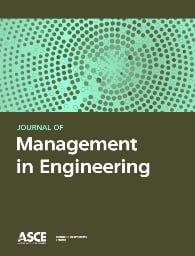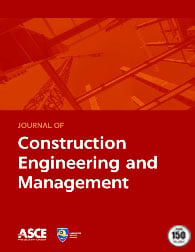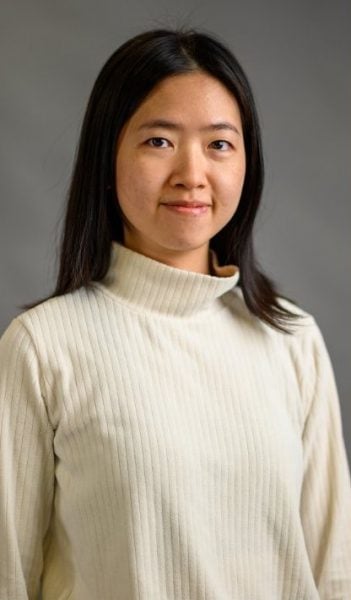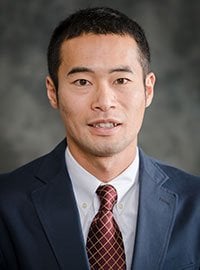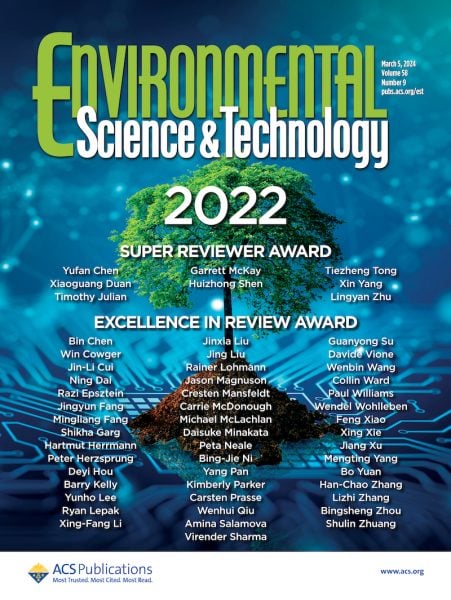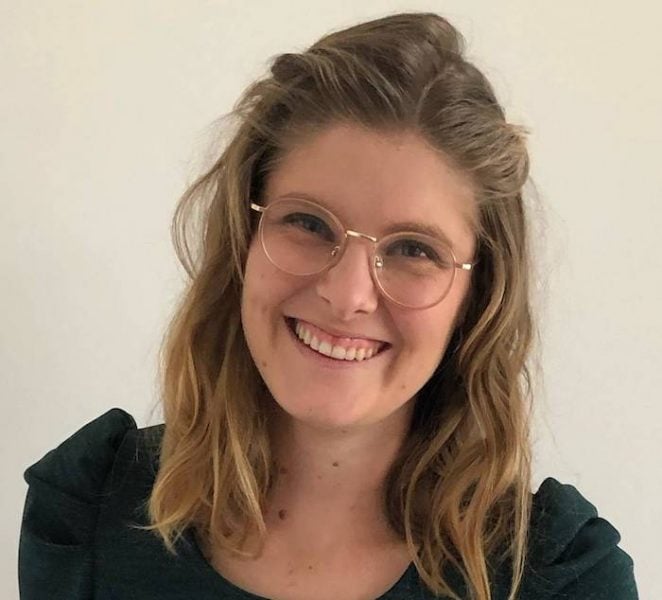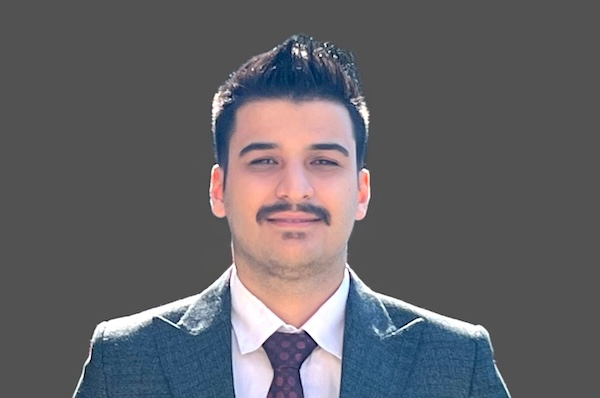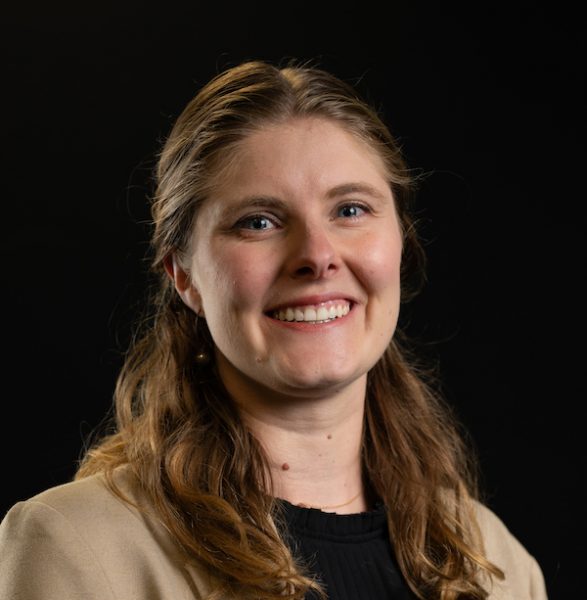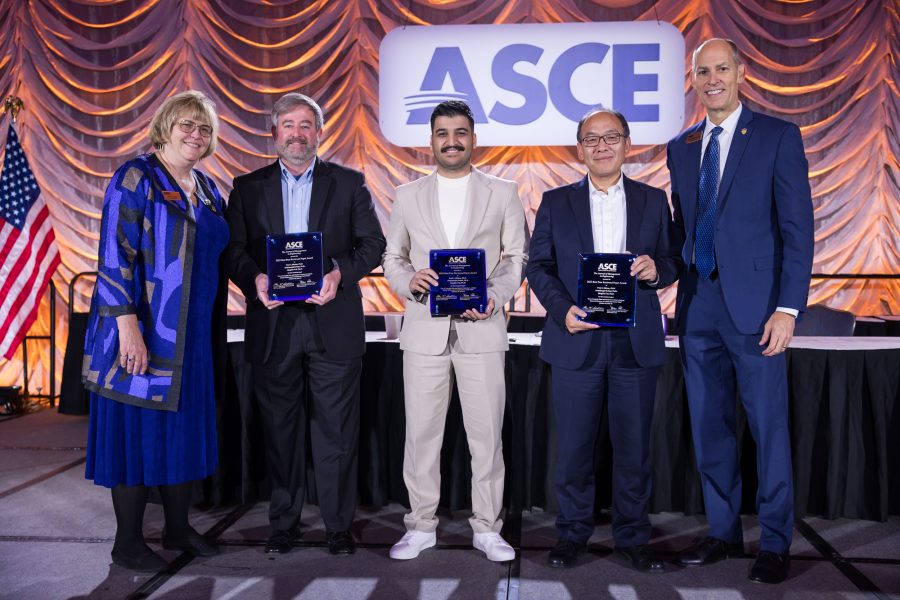Abdolmajid Erfani has received the Outstanding Reviewer Award from the ASCE Journal of Management in Engineering. The Journal of Management in Engineering has achieved the highest impact factor (IF = 7.4) among all the journals published by the American Society of Civil Engineers in recent years.
Abdolmajid (Mazi) Erfani is an Assistant Professor in the Department of Civil, Environmental, and Geospatial Engineering. His research interests include:
- Data-driven Infrastructure Management
- Project Delivery and Procurement
- Smart Construction
- Risk Management
- Equity and Diversity
Related
Mazi Erfani Earns 2024 Arthur M. Wellington Prize
